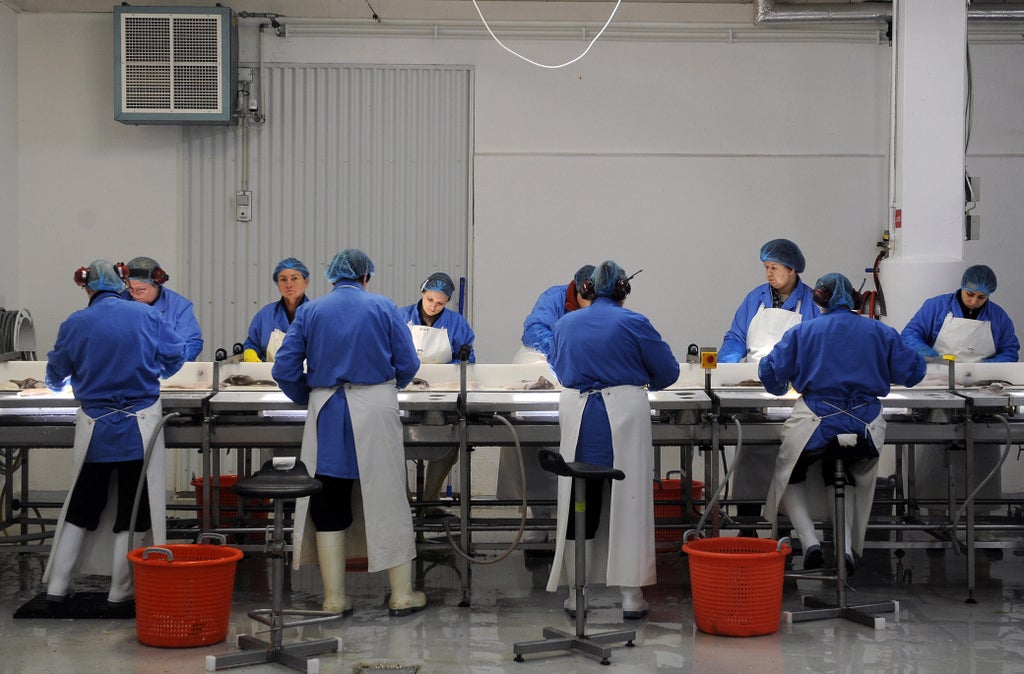
The world’s largest ever trial of a four-day working week and reduced working time in Iceland was an “overwhelming success” and should be tested in the UK, researchers have said.
More than 1 per cent of Iceland’s working population took part in the pilot programme which cut the working week to 35-36 hours with no reduction in overall pay.
Joint analysis by think tanks in Iceland and the UK found that the trials, which ran from 2015 to 2019 and involved more than 2,500 people, boosted productivity and wellbeing and are already leading to permanent changes.
Icelandic trade union federations, which collectively negotiate wages and conditions for most Icelandic employees, have already begun to negotiate reduced working hours as a result.
The researchers estimate that as a result of new agreements struck in 2019-2021 after the trials ended, 86 per cent of Iceland’s entire working population now either have reduced hours or flexibility within their contracts to reduce hours.
Recommended
The trials were launched by Reykjavik city council and the Icelandic national government after pressure from trade unions and civil society groups.
Workers covered by the experiment included a mix of nine-to-five employees and those on non-standard shift patterns – with workplaces including offices, play-schools, hospitals, and social services employees.
To find out what others are saying and join the conversation scroll down for the comments section or click here for our most commented on articles
The joint analysis, carried out by the think tanks Autonomy in the UK and the Association for Sustainability and Democracy (Alda) in Iceland, found that the well-being of workers who took part improved dramatically across a range of indicators.
Perceived stress and burnout, as well as health and work-life balance were significantly improved across practically all groups.
And as a result, researchers say, productivity and service provision remained the same or improved across the majority of workplaces included in the trial.
"The Icelandic shorter working week journey tells us that not only is it possible to work less in modern times, but that progressive change is possible too," said Gudmundur D. Haraldsson, a researcher at Alda.
“Our roadmap to a shorter working week in the public sector should be of interest to anyone who wishes to see working hours reduced."
The trials were designed to be revenue-neutral for both the city council and the government that ran them.
Will Stronge, director of research at Autonomy, said: “This study shows that the world’s largest ever trial of a shorter working week in the public sector was by all measures an overwhelming success. It shows that the public sector is ripe for being a pioneer of shorter working weeks - and lessons can be learned for other governments.
“Iceland has taken a big step towards the four-day working week, providing a great real-life example for local councils and those in the UK public sector considering implementing it here in the UK.”
The idea of a four day week has some support in the UK, with 45 MPs from parties including Labour, SNP, Plaid Cymru, the SDLP and the Green Party signing an early day motion calling on the government to set up a commission to examine the proposal.
A poll published in July last year conducted by Survation found that 63 per cent of the public support the idea of a four-day week with no loss of pay, while only 12 per cent oppose.







